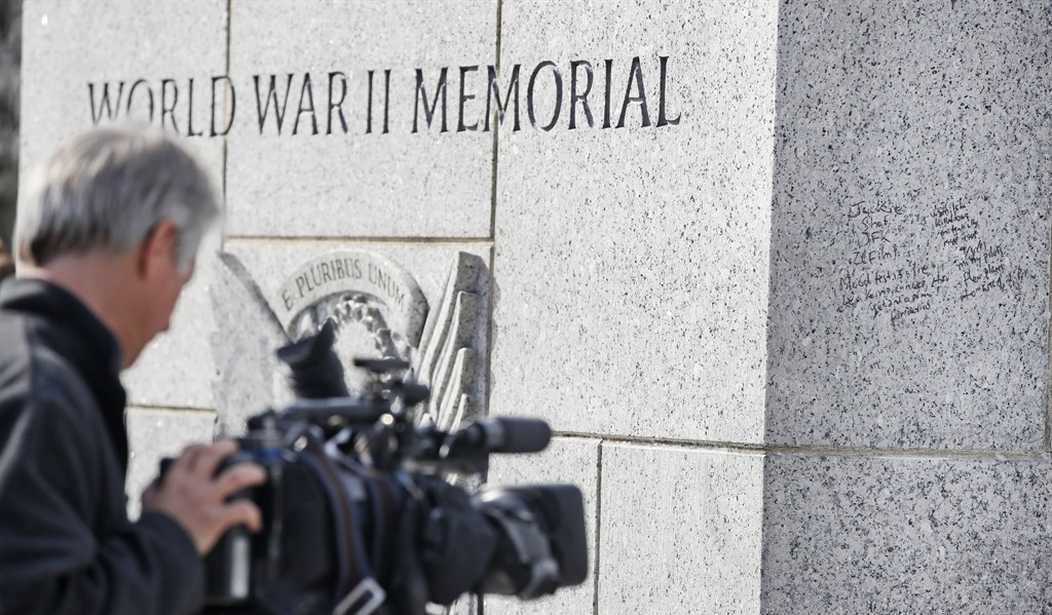“Dear Mom, You’ve got a mother’s viewpoint in regard to this war. If women had their way, nobody would have any fun…I’ve aged about ten years in this outfit and learned a helluva lot about everything in general. Do I make myself clear?” Don Evans, during his elite Marine Scout-Sniper training, 1944.
When Joseph Tachovsky asked me to work with him to write about the young Marines of the 40 Thieves on Saipan, I didn’t know what I would learn about war, about men, about the relationships between men and the women in their worlds. Young Don Evans, for example, bristled at letters from his Mom that sprang from her memories of an eighteen-year-old boy heading off to World War II. Now trained in Black Death defense skills and the ability to kill with his bare hands if necessary, Don didn’t care what she thought about his haircut and disagreed about sending his younger brother to college instead of war. Yet Don thought he would die if necessary to keep her, and all he loved back home, safe.
The complexities of mother-son relationships make for great reading, good movies, and not always easy day-to-day living. Moms offer shelter to boys through the early childhood years, encourage wise risk-taking during the middle and high school years, teach social skills and domestic basics while always thinking of what kind of men we want them to become. We enforce rules, have high expectations, cheerlead from the side, and may be asked to back off and not worry before we are ready. Don Evans wrote to his mother that his brother “is no child, Mom, and you’ve got to let him live his own life.” And he wouldn’t be the first young man to say “Your continual worrying and praying has got to come to an end.”
Recommended
I’m relieved my son was able to choose if he wanted to join the Armed Services. While he didn’t, I have a small window into how that choice might have played out as I listen to friends whose sons are veterans. Tattooed bodies, stories of bashing down doors to uncover enemy troops , compressed spines from carrying heavy backpacks, these self-sufficient men come home with a different look in their eyes and reluctance to talk. Not unlike the 40 Thieves, the healing space needed is beyond what Mom’s willingness to listen or comfort can offer. As their admired lieutenant Frank Tachovsky said, “war changes boys into men and men into old men.”
Like during the world wars, this Mother’s Day will be celebrated physically apart from those we love. Moms of youngsters preach about wearing masks, maintaining social distancing, washing hands and know the lure of a soccer game or bike race will win out. Adult sons scold their perfectly competent moms about going to the grocery store or standing too close during an outdoor visit. As they mature, we move from protecting our children’s vulnerability to the sidelines of their lives to becoming vulnerable. The inability to fight today’s enemy brings a sense of helplessness in the relationship to protect each other. In some homes that look sons carried home from war may be in the eyes of those fighting the COVID-19 battle on the front lines.
Wherever we find ourselves this Mother’s Day, we welcome the memories of those who mothered us and the voices of those we mother.
Cynthia Kraack and Joseph Tachovsky’s 40 Thieves on Saipan will be released June 2. Her last novel, The High Cost of Flowers, won the Midwest Book Award.
























Join the conversation as a VIP Member